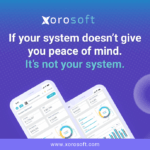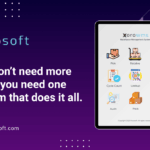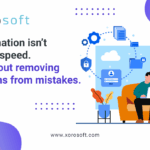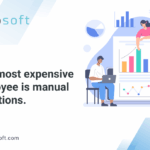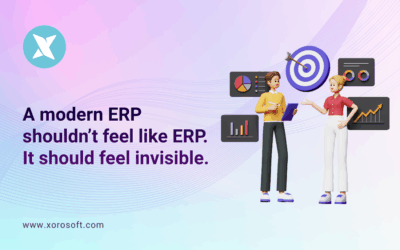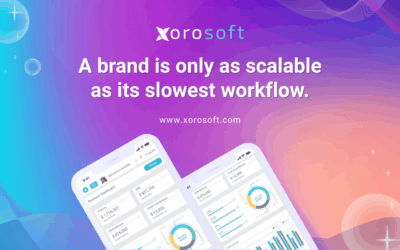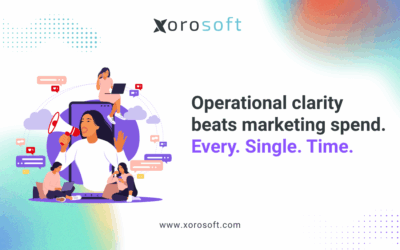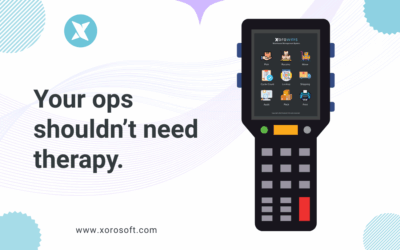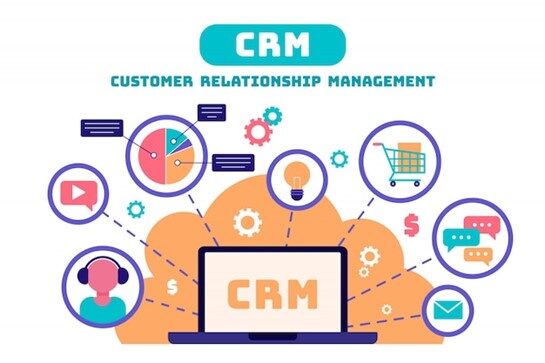
Introduction to Customer Relationship Management (CRM)
Customer Relationship Management (CRM) is a vital aspect of any business that aims to achieve long-term success. It involves managing interactions with customers to build strong relationships and enhance customer satisfaction. CRM strategies play a crucial role in understanding customer needs, preferences, and behaviors, which allows businesses to tailor their products and services accordingly. In today’s fast-paced and competitive business landscape, implementing an effective CRM system is essential for maintaining a loyal customer base and driving sustainable growth.
The Importance of CRM in Business Success
A well-executed CRM strategy can make all the difference in a business’s success. By focusing on building and nurturing customer relationships, businesses can foster customer loyalty, increase customer retention rates, and attract new customers through positive word-of-mouth. CRM systems enable businesses to gather and analyze valuable customer data, allowing them to personalize marketing efforts, provide exceptional customer service, and anticipate customer needs. By understanding customers better, businesses can also identify opportunities for upselling and cross-selling, ultimately leading to increased revenue and profitability.
What is an ERP System?
Enterprise Resource Planning (ERP) systems are comprehensive software solutions that integrate various business processes and functions into a single system. ERP systems facilitate the management of core business operations, such as finance, human resources, procurement, and inventory management. By consolidating these functions into a centralized platform, ERP systems streamline operations, improve efficiency, and provide real-time visibility into key business metrics. ERP systems are designed to enhance collaboration, automate processes, and optimize resource allocation, enabling businesses to operate more effectively and make data-driven decisions.
Benefits of Integrating ERP Systems with CRM Strategies
Integrating ERP systems with CRM strategies can bring numerous benefits to businesses. Firstly, it allows for seamless data flow between different departments, eliminating data silos and ensuring that all customer interactions are recorded and accessible in real-time. This integration provides a holistic view of customer behavior, enabling businesses to deliver personalized experiences and targeted marketing campaigns. Additionally, ERP systems can enhance the accuracy of sales forecasting by providing real-time inventory data and insights into production capacity. This enables businesses to optimize inventory levels, avoid stockouts, and fulfill customer orders promptly.
Xorosoft ERP: An Overview of the Solution
Xorosoft ERP is a robust and user-friendly ERP solution that offers comprehensive features to enhance business operations. With its intuitive interface and powerful functionality, Xorosoft ERP enables businesses to streamline processes, improve efficiency, and make informed decisions. Xorosoft ERP offers modules for inventory management, accounting, human resources, and more, allowing businesses to integrate and automate various aspects of their operations. By leveraging Xorosoft ERP, businesses can optimize resource allocation, reduce manual errors, and gain a competitive edge in the market.
How Xorosoft ERP Enhances Customer Relationships
Xorosoft ERP plays a pivotal role in enhancing customer relationships by providing businesses with the tools and insights they need to deliver exceptional customer experiences. With Xorosoft ERP’s integrated CRM module, businesses can centralize customer data, track interactions, and gain a 360-degree view of each customer. This comprehensive view enables businesses to understand customer preferences, anticipate their needs, and provide personalized recommendations. Moreover, Xorosoft ERP’s CRM module enables businesses to track customer support tickets, resolve issues promptly, and ensure customer satisfaction.
Streamlining Inventory Management with Xorosoft ERP
One of the key benefits of Xorosoft ERP is its robust inventory management system. Xorosoft ERP allows businesses to optimize their inventory levels by providing real-time visibility into stock levels, supplier information, and demand forecasts. With accurate inventory data at their fingertips, businesses can avoid stockouts, reduce excess inventory, and improve order fulfillment rates. Furthermore, Xorosoft ERP’s inventory management system enables businesses to automate replenishment processes, set reorder points, and streamline procurement activities. By optimizing inventory management, businesses can ensure product availability, reduce carrying costs, and enhance customer satisfaction.
Improving Accounting Processes with Xorosoft ERP
Xorosoft ERP offers a comprehensive accounting module that simplifies financial management and improves accuracy. The accounting module automates core accounting functions such as accounts payable, accounts receivable, general ledger, and financial reporting. By automating these processes, Xorosoft ERP reduces manual errors, improves data accuracy, and ensures compliance with accounting standards. Moreover, Xorosoft ERP’s accounting module provides real-time financial insights, enabling businesses to make informed financial decisions and monitor key performance indicators. With streamlined accounting processes, businesses can enhance financial transparency, optimize cash flow, and strengthen customer relationships.
Integrating Xorosoft ERP with CRM Software
To maximize the benefits of both ERP and CRM systems, businesses can integrate Xorosoft ERP with their preferred CRM software. This integration allows for seamless data flow between the two systems, ensuring that customer data is synchronized and up-to-date. By integrating Xorosoft ERP with CRM software, businesses can leverage the strengths of both solutions and gain a holistic view of their customers. This integration enables businesses to deliver personalized experiences, improve customer service, and drive customer loyalty. Moreover, the integration facilitates efficient collaboration between sales, marketing, finance, and customer support teams, enabling businesses to provide a consistent and exceptional customer experience.
Choosing the Right ERP System for Your CRM Strategy
When selecting an ERP system for your CRM strategy, it is crucial to consider your specific business needs and objectives. Look for a solution that offers robust CRM capabilities, seamless integration with other systems, and scalability to support your business’s growth. Evaluate the user-friendliness of the ERP system and ensure that it aligns with your organization’s existing processes and workflows. Additionally, consider the level of support and training provided by the ERP vendor to ensure a smooth implementation and adoption process. By selecting the right ERP system, you can enhance your CRM strategy, improve customer relationships, and drive business success.
Conclusion: The Future of CRM with ERP Systems
As businesses continue to prioritize customer relationships, the role of ERP systems in CRM strategies will become increasingly significant. ERP systems provide the foundation for seamless data integration, process automation, and real-time insights, enabling businesses to deliver personalized experiences and build long-lasting customer relationships. By leveraging the power of ERP systems like Xorosoft ERP, businesses can streamline operations, optimize resource allocation, and enhance customer satisfaction. The integration of ERP systems with CRM software allows businesses to gain a holistic view of their customers, enabling them to make data-driven decisions and provide exceptional customer experiences. Embrace the future of CRM with ERP systems and unlock the full potential of your business.
Book a Demo with Xorosoft to experience the power of integrated ERP and CRM systems in enhancing customer relationships and driving business success.
